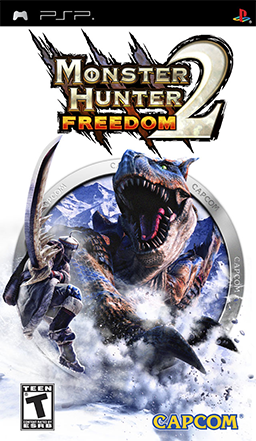I’ve been playing an awful lot of strategy games these days, so getting through Research & Development over the weekend made for a nice change of pace. It’s a mod that requires Half-Life 2: Episode 2 and it’s been winning praises all over the net. It can be downloaded for free from ModDb. The main focus of the mod is on puzzles. There are action sequences as well with plenty of enemies out to kill you, but the player never gets an actual weapon. Instead, with the help of the trusty Half-Life 2 gravity gun, you’re supposed to use your wits to figure how to defeat your enemies and get to the next area.
The most fervent of the mod’s admirers have compared it to Portal, but I wouldn’t go quite that far. For the most part, the puzzles are cool without being really clever and are difficult enough to be satisfying to solve without being too frustrating. The hardest part is probably figuring where to go next, as opposed to what to do, as sometimes the only exit from an area is a tiny crawlspace. The lack of any narrative hurts it too. At least Portal cleverly put its puzzles within the context of a scientific experiment that’s supposed to be filled with puzzles.
All in all, a mod that’s well worth downloading and checking out, especially if you liked the puzzley elements of the Half-Life 2 games. Personally, I liked the action elements more than the puzzley ones, so I’m somewhat lukewarm on this mod. Not bad for a relatively short game, but I wouldn’t want to devote the time for a full length version. It certainly is a very impressive effort for just a one-man team. Just be sure to play in short bursts or your brain might hurt.
